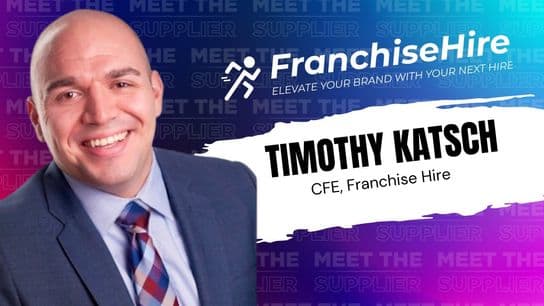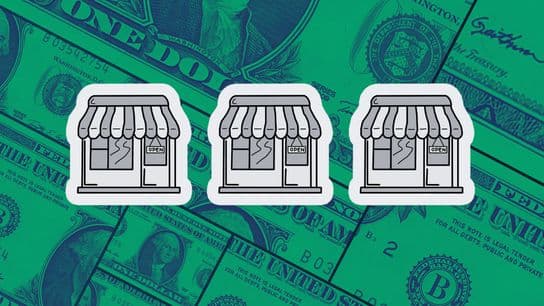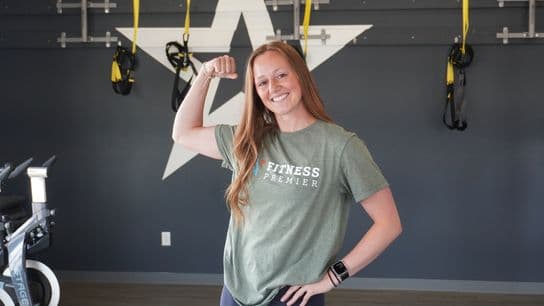Preparing to Franchise – What Should I Know Before Franchising?
Four Franchise Industry Experts Share Advice for Would-Be Franchisors
We recently explored the various different areas a business owner should consider when determining the costs associated with franchising their business. The major takeaway for any would-be franchisor is that long before asking what the cost will be, it’s important to prepare and put the necessary steps in place to be able to franchise the concept successfully.
“Too often, I have potential franchisors who come to me and say they are ready to franchise – but they haven’t written out what their processes are. Because they’ve been doing them themselves, they haven’t had to write them down so that someone else can operate it the way that they do,” said Patrick Maslyn, a franchise lawyer of Masyln Law.
Besides writing down processes and documenting the operations, preparing early for the eventual decision to start franchising is key for any entrepreneur to get “ahead of the game” and be in a more advantageous position when they do make the move to franchising.
Jim Deitz, President of The Franchise Doctor, Inc., said that while determining the cost to franchise is important, weighing the investment of time required by a franchisor to do it successfully is just as important. For more “mom and pop” type franchisors, the investment of time to launch as a franchise while also planning to continue operating their existing business can really add up.
Maslyn agreed.
“I’ve seen too many prospective franchisors who go into franchising to ‘do less work.’ For some reason, they don’t think that the franchise process will take time and effort. So, I try to convince them that they need to consider that and look at their bandwidth,” he said.
For additional insight on how to properly prepare to franchise, we asked four industry experts for the advice they’d give to would-be franchisors:
Advice to Would-Be Franchisors from Industry Experts
“Talk to a few franchise consulting firms and ask questions based on your particular circumstances. Buy a couple of franchisors (who have 25 or less franchises) lunch and ask their advice and discover the challenges they faced. Ask them to read this article and comment on its veracity. Attend a couple of franchise shows and see who you'll be competing against in your niche and in franchising in general. If possible, follow up with a franchisor or two, in person or by phone to gain insight into their successes and failures.” - Jim Deitz, The Franchise Doctor, Inc.
“Selling units, in the absence of a warm market, often takes a significant investment in marketing to generate leads. Be prepared to be in this for a while (one to two years) to get traction and understand that you may therefore have expenses to update your FDD and engage an accounting firm to perform audits before you sell your first unit. Marketing costs often exceed legal start-up costs for franchisors by a favor of five times or more. Lastly, even if you are successful in selling units, it may take a year or more before you see significant royalty revenue, so be prepared by having sufficient capital to carry you during this time and still train and service those first few franchisees.” - Mike Rosenthal, Wagner, Johnston & Rosenthal, P.C.
“Find an excellent accountant and an experienced attorney who knows franchising. A good accountant and a good lawyer will make you more money than they cost. Be thrifty where you can, but know when to spend money to get things done properly.” - Keith Gross, Gross Law Group, P.C.
“Plan on planning. There’s an educational element here that is necessary for most franchise systems. That education is going to take some time. A question I hear a lot from new franchisors is, ‘How long will this take?’ It will take as long as it needs to take. If you’re concentrated on getting the documents done quickly, you won’t be invested in making sure you are going through the process with the patience it needs. If you try to speed through, and you haven’t learned all the elements of the FDD, then that can hurt you in the long run. You need to spend the time to learn the structure of the system and all the ins and outs. You’re going to make changes to your document as you grow – but if you take some time to spend planning out the things you’re going to do, then you’re going to make better decisions than if you’re simply concerned with getting across the finish line. Write a business plan for the franchise program. Plan to take the time to learn about franchising before you become a franchisor. Attend franchise events, network with people in franchising. Franchising people are usually very good about helping out those trying to get in the business. Know what you’re doing before you decide to jump in the pool.” - Patrick Maslyn, Masyln Law









